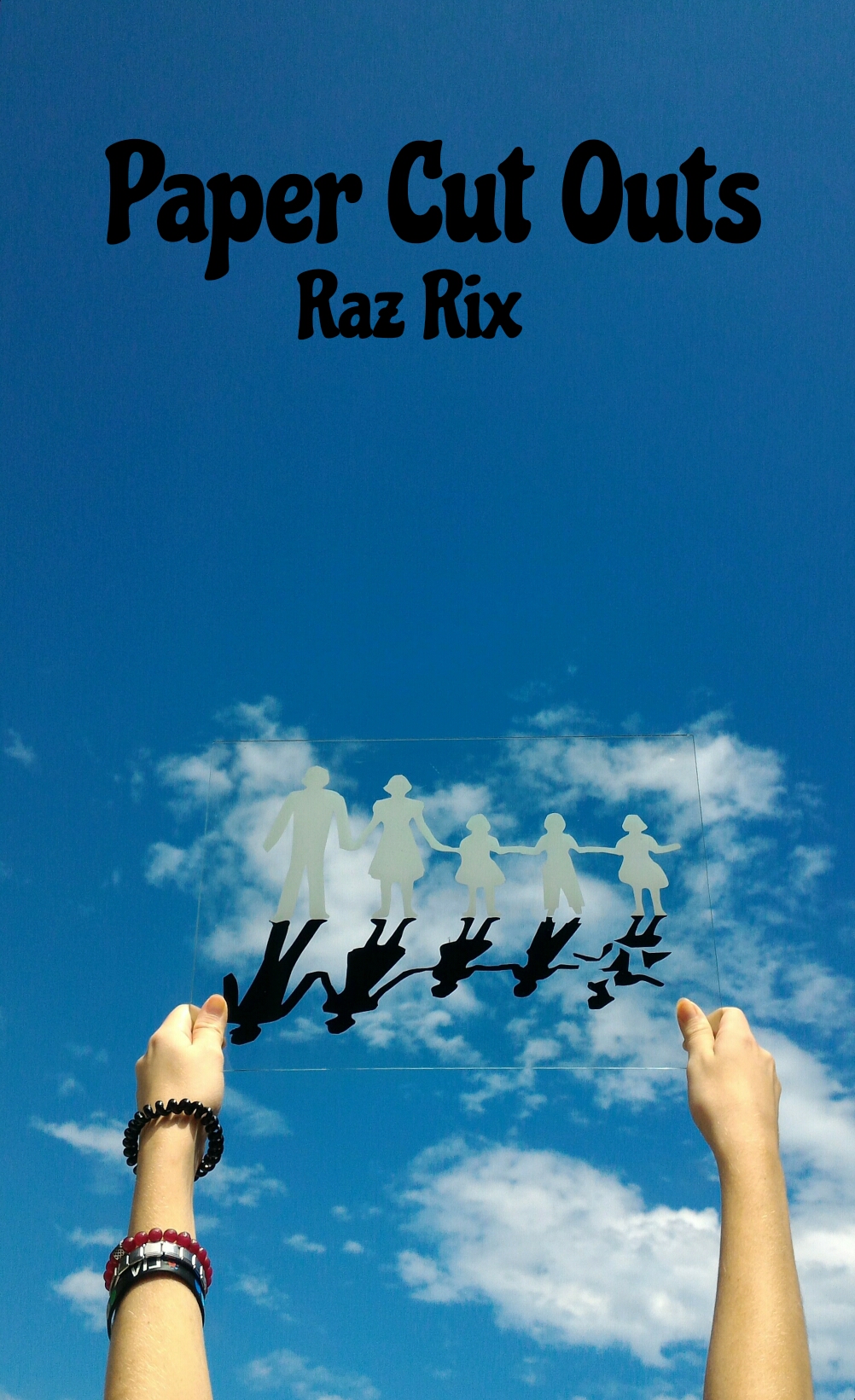Teenage characters in books can have a huge significance in a teenager’s life, so it is important that they are portrayed correctly.

Raz Rix writes an exclusive piece for Female First
People often dismiss teenagers as being dramatic and overreacting to their situation, but you need to look further than the mask that is displayed to the world. It is important to understand the emotional storm that is being experienced on the inside to know the whole person.
Adults reading novels about teenagers will be reminded of how lonely teens feel, often as if the world is working against them. “When I was your age...”, a phrase used by adults when they’re trying to help teenagers work through difficult situations, is usually followed by unhelpful advice. Adults have learned how to accept who they are and make more sense of the world; they have forgotten how confusing and scary the world can be to a teenager. The world can often appear to be overwhelming to a teenager, as they are dealing with constant changes in their body, mind and circumstances.
Teenagers who read are often trying to escape their own reality by slipping into the pages of another teenager’s drama. They don’t necessarily need to relate to the story to find comfort in the emotions that they are sharing with the characters in the book, but it does help them to not feel so alone - especially if the life of the characters is more complex or painful than their own. When they are dealing with an issue, teenagers will often feel very alone in the situation, as though nobody else can understand what they’re experiencing, but when they read about real life situations, they are reminded that they are not completely alone, that there are other people who have similar experiences. Teenagers are still being moulded by the world but often they have a set outlook on the world. The characters in books can show them a new perspective of the world, and their situation.
It’s not often that a teenager will go to their parents for advice. They feel that their parents have forgotten what it is like to be in their shoes and are just telling them what they need to hear. Even though it is often said that people who know us best should be able to offer us the best advice, many times it is the characters in books that seem to carry to a teenager successfully through real-life dramas.
People sometimes think that teenagers are just angry at the world, that they’re not thinking about things as they are in the real world. But that just isn’t the case – there is a lot more than anger going on inside. Writing about teenagers can destroy the stereotypes we have of them and let people see beneath the mask, revealing to adults that they are dealing with a complex web of issues. Sometimes when teenagers lash out it’s not because of a single reason, but rather an issue on top of the other pile of issues with which they are dealing.
Teenagers usually feel insecure because of their flaws, or the flaws that they think they have. Characters in books that have flaws but learn to accept them, and live with them, can help teenagers accept and learn to love themselves. Characters without flaws are difficult to relate to.
As a teenager, I found that often there were emotions and feelings that I was sure didn’t have a name. It made me feel so much better when I discovered that characters in books experienced the same emotions, and they learnt how to overcome their emotions and fears. Reading about other people who have similar emotions helps a teenager feel less alone, especially when the character has learnt how to deal with the emotions.
Reading about a character’s recovery is also important to a teenager, even if their own experience is different to the story. The recovery from any kind of emotional damage can be overwhelming and scary, but journeying through recovery brings hope and peace to the reader. They have seen the drama and suffering of the character, and somehow the character makes it though and ends up on top. It’s a reminder that no matter what a person experiences, it is possible to overcome and find real solutions to real problems. Seeing that the character in the book survived their ordeal gives the reader hope that their situation can be resolved.

Paper Cut Outs by Raz Rix is out now.

